Business
Naira Surges to 4-Month High, Trades at N1,520/$
The naira has surged to its strongest level in four months, trading at N1,520 per dollar in the official market
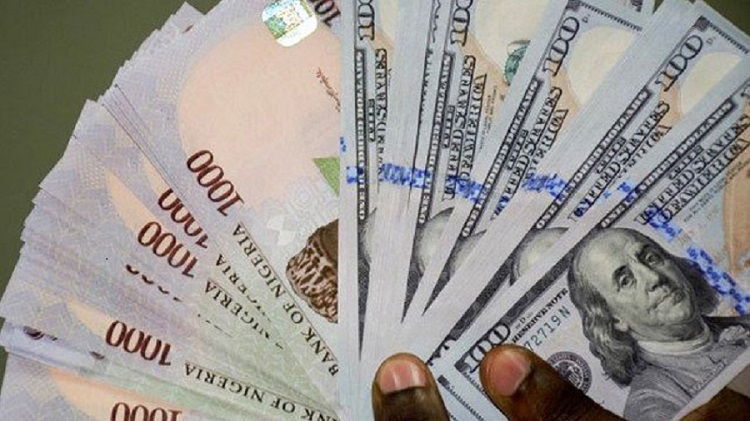
The naira has surged to its strongest level in four months, trading at N1,520 per dollar in the official market as currency reforms and improved liquidity continue to stabilise Nigeria’s foreign exchange (FX) environment.
Data from the Central Bank of Nigeria (CBN) showed the naira closed at N1,520.25 per dollar on Monday at the Nigerian Foreign Exchange Market (NFEM), gaining N11.38 from Friday’s closing rate of N1,530.26.
At the parallel market, also known as the black market, the naira strengthened further to N1,537 per dollar, narrowing the gap between both markets to just N7 — the smallest spread recorded in recent months.
Monday’s surge marks the highest naira value seen since March 14, 2025, when it traded at N1,517.93 per dollar in the official market. Analysts attribute this to improved FX liquidity and reduced demand pressure across trading windows.
Capital Inflows Supporting Naira Stability
According to CBN reports, Nigeria attracted $5.03 billion in Foreign Portfolio Investments (FPIs) during Q1 2025, helping to boost liquidity and support balance of payments stability.
The H1 2025 Macroeconomic Update Report by FSDH Merchant Bank noted that as of June 27, 2025, the naira had lost just 0.2% of its value year-to-date, having peaked at N1,630 on April 9 before appreciating steadily.
DON’T MISS: FG Vows to End Fish Importation, Unveils Plans To Boost Aquaculture
Analysts at FSDH stated, “We maintain our earlier forecast that the naira will settle around N1,595 in 2025. Major risks include potential financial outflows and crude oil price or output falling below Federal Government benchmarks.”
IMF Endorses FX Reform Measures
In its Article IV report on Nigeria, the International Monetary Fund (IMF) highlighted the importance of maintaining a tight monetary policy and ensuring a positive real interest rate to curb inflation and support FX market stability.
The IMF advised that the exchange rate should be allowed to act as a shock absorber during external challenges, while FX interventions should focus only on managing excessive volatility, in line with its Integrated Policy Framework (IPF).
The report further warned that Nigeria’s shallow FX market and its growing reliance on short-term foreign inflows required careful management of external rollover needs.



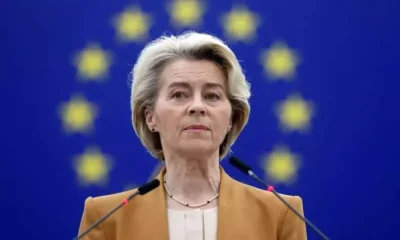



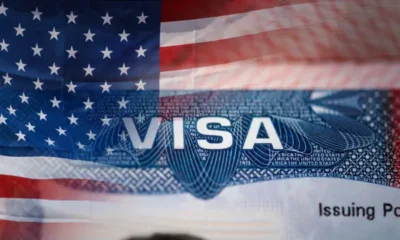











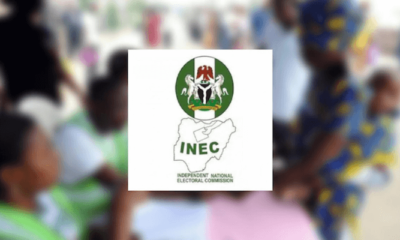

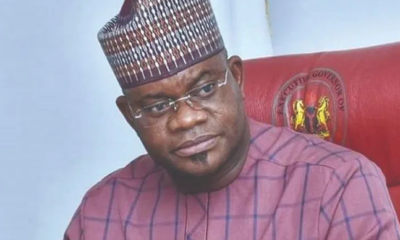

You must be logged in to post a comment Login